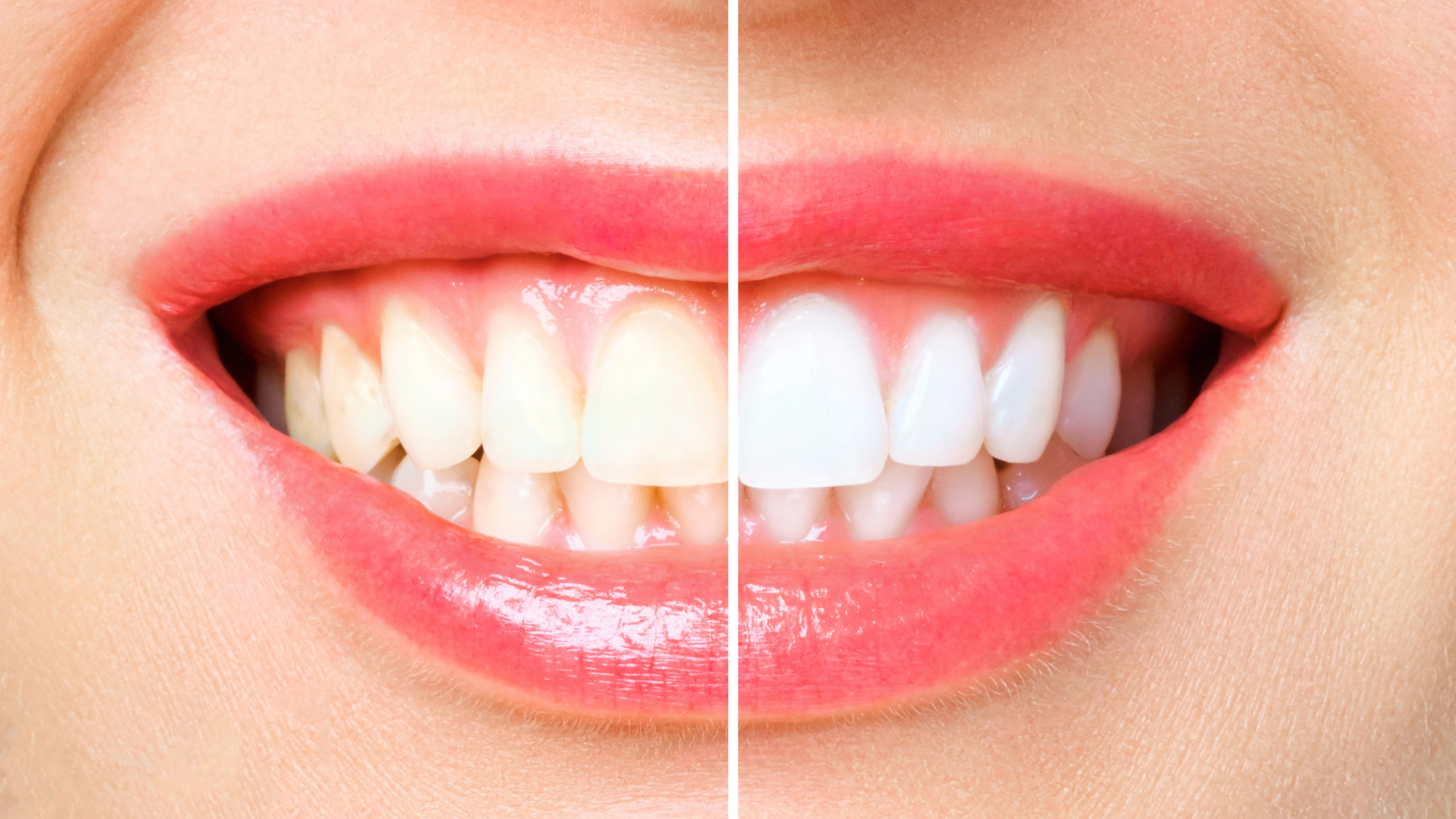Understanding the Role of Genetics in Cavity Development: Insights from Mighty Molar in Kamloops, BC
When it comes to dental health, there's a common belief that cavities are primarily influenced by genetics. While it's true that your genetic makeup can play a role in cavity development, other factors like diet, oral hygiene practices, and fluoride exposure are much more significant contributors. Let's delve deeper into the relationship between genetics and cavities and how you can protect your teeth, regardless of your genetic predisposition.
Genetics and Cavities: What's the Connection?
Research has shown that genetics can account for about 60% of the risk for developing cavities, with environmental factors like diet and oral hygiene making up the remaining 40%. This genetic influence is not specific to cavities but rather impacts overall oral health. For instance, certain genetic factors can affect the shape and alignment of your teeth, making it more challenging to clean them effectively. This, in turn, can lead to plaque and bacteria buildup, increasing the risk of cavities.
Additionally, some individuals may have weaker or thinner enamel due to their genetics, making their teeth more susceptible to decay. However, it's essential to note that while genetics play a role, they are not the sole determinant of your dental health.
Preventing Cavities: What You Can Do
The good news is that despite any genetic predisposition, there are several effective ways to prevent cavities and maintain good oral hygiene:
- Limit Sugary and Acidic Foods: Reducing your intake of sugary and acidic foods and drinks can significantly lower your risk of developing cavities.
- Brush and Floss Regularly: Brushing and flossing at least twice a day helps remove plaque and food particles, preventing the buildup of harmful bacteria.
- Use Fluoride Products: Fluoride toothpaste and mouthwash can strengthen your enamel and make your teeth more resistant to decay.
- Regular Dental Visits: Routine check-ups with your dentist are crucial for detecting early signs of cavities and addressing them before they become a more significant issue.
Other Factors Influencing Cavity Risk
While genetics and oral hygiene are critical, other factors like age, gender, and certain medications can also impact your cavity risk. For example, children and older adults are more vulnerable due to changes in their teeth and gums. Women may experience an increased risk due to hormonal fluctuations, while medications like antihistamines or antidepressants can cause dry mouth, reducing saliva production and making it easier for bacteria to thrive.
While your genetics can influence your risk of developing cavities, they are far from the only factor at play. By maintaining good oral hygiene, making healthy dietary choices, and visiting your dentist regularly, you can effectively reduce your risk of cavities—even if you have a family history of dental issues.
If you're concerned about cavities or suspect you might have one, don't wait. At Mighty Molar in Kamloops, BC, we're here to help you maintain a healthy, bright smile. Contact us today to schedule your appointment and take the first step toward better oral health!











